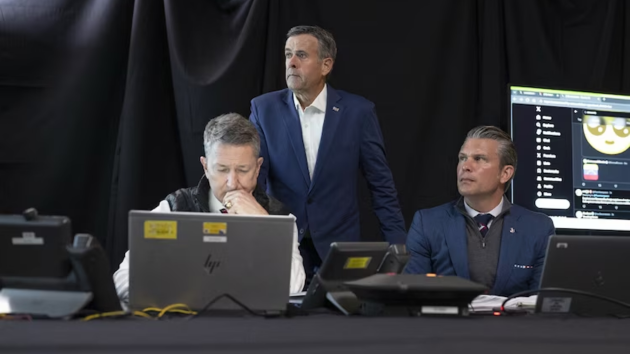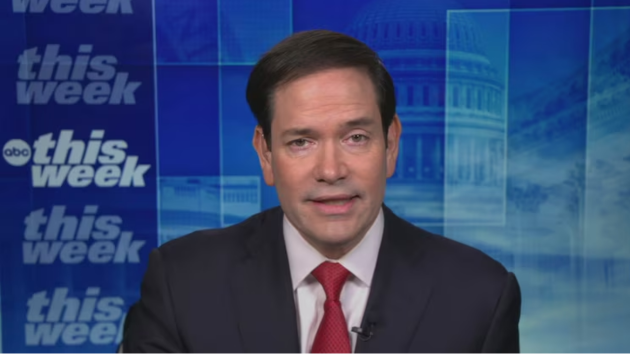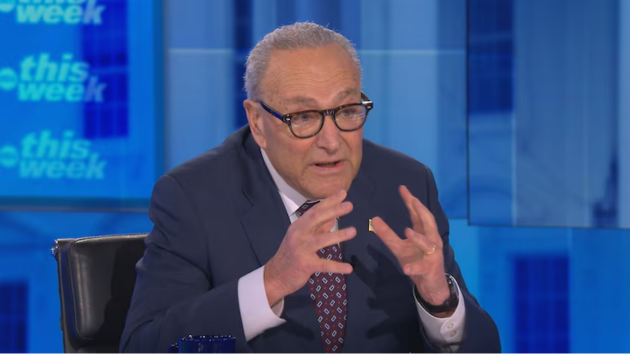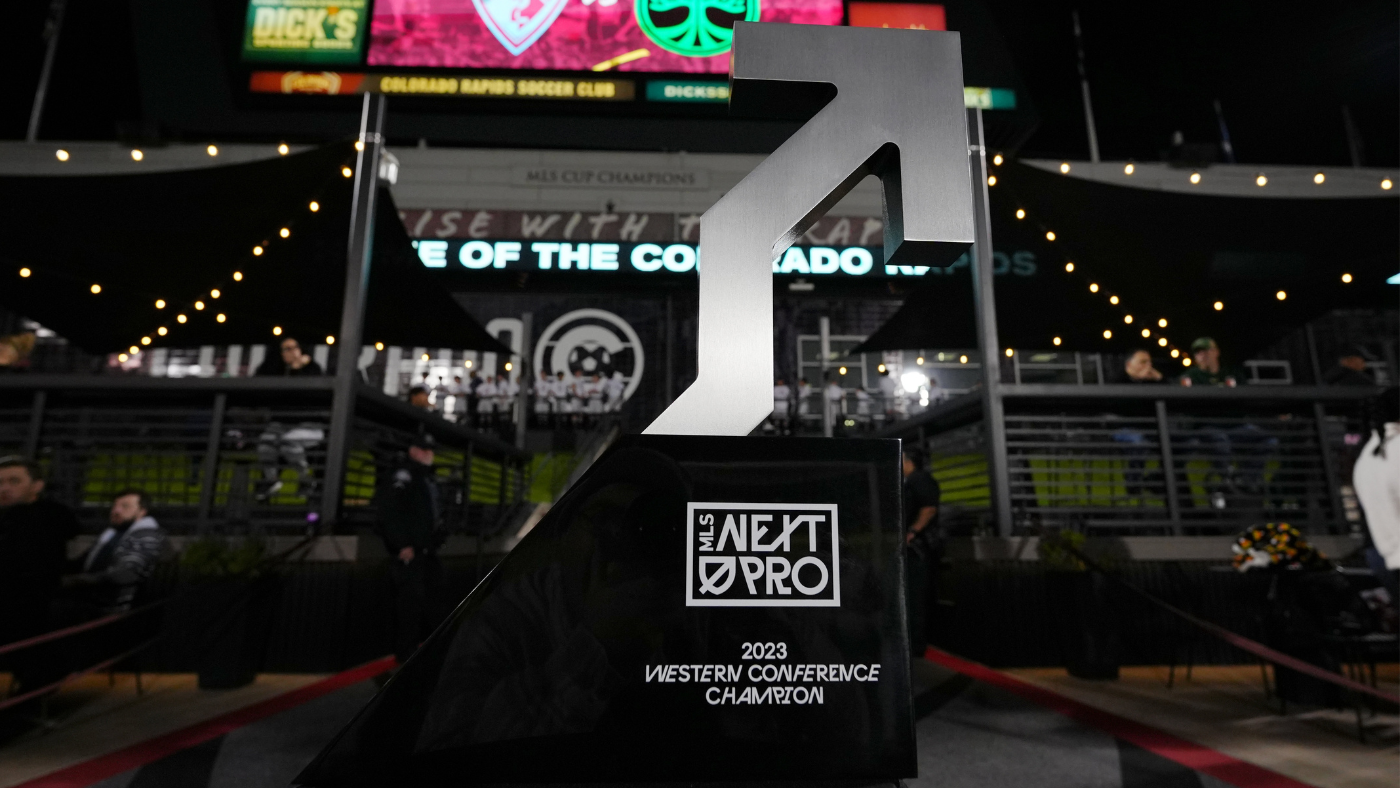Supreme Court sets rules on when public officials can block social media users
Written by ABC Audio ALL RIGHTS RESERVED on March 16, 2024

(WASHINGTON) — The Supreme Court on Friday laid out a new test for determining when actions taken by government employees on social media — such as posting messages, deleting comments or blocking users — constitute official business verses personal conduct.
The distinction has become critical as millions of local, state and federal government workers increasingly use social media to communicate with the public, often on “mixed use” accounts that also include purely private, non-official content.
“When a government official posts about job-related topics on social media, it can be difficult to tell whether the speech is official or private,” wrote Justice Amy Coney Barrett in a unanimous opinion in the case Lindke v. Freed. “We hold that such speech is attributable to the state only if the official (1) possessed actual authority to speak on the state’s behalf, and (2) purported to exercise that authority when he spoke on social media.”
In short, Barrett explained, the distinction turns on “substance, not labels.”
The First Amendment, which protects freedom of speech, generally prohibits government employees from censoring public comments or blocking access to a social media account that offers official communications.
At the same time, government employees also retain First Amendment rights as private citizens, including the ability to maintain a personal social media page and to manage its content and access.
“Private parties can act with the authority of the state, and state officials have private lives and their own constitutional rights,” Barrett wrote. “Categorizing conduct, therefore, can require a close look.”
The court’s announcement of a new test came in a case involving a Michigan man – Kevin Lindke – who sued Port Huron City Manager James Freed after comments Lindke posted to Freed’s Facebook page were deleted and his access to the page was blocked entirely.
Lindke had criticized Freed’s handling of the COVID-19 pandemic. Freed insisted the Facebook account was personal and that COVID-related postings were not part of his official duties. Both men have insisted the First Amendment is on his side.
The decision Friday sends the case back to a federal appeals court for a second look.
“I am very pleased with the outcome the justices came to,” Freed told ABC News in a statement. “The Court rejected the plaintiff’s appearance test and further refined a test for review by the Sixth Circuit [U.S. Court of Appeals]. We are extremely confident we will prevail there once more.”
Lindke told ABC News he is also “ecstatic.”
“A 9-0 decision is very decisive and is a clear indicator that public officials cannot hide behind personal social media accounts when discussing official business,” he said.
In recent years, there has been a growing number of disputes involving public officials allegedly silencing or censoring their critics online.
One of the most high-profile examples was a 2017 suit brought by a group of Twitter users who had been blocked by Donald Trump after criticizing his presidency. It reached the Supreme Court but was dismissed because Trump had left office.
The justices on Friday also addressed a similar case from California – O’Connor-Ratcliff v. Garnier — involving a group of parents who had sued two school board members for blocking their criticism on social media. In an unsigned, per curiam opinion, the court returned the case to a lower court for further review in light of the new test.
Barrett’s opinion in the Lindke case offers lower courts refined guidelines for resolving social media disputes in the future.
“A defendant like Freed must have actual authority rooted in written law or longstanding custom to speak for the state. That authority must extend to speech of the sort that caused the alleged rights deprivation,” Barrett wrote. “If the plaintiff cannot make this threshold showing of authority, he cannot establish state action.”
Copyright © 2024, ABC Audio. All rights reserved.
 KVSP
KVSP 




